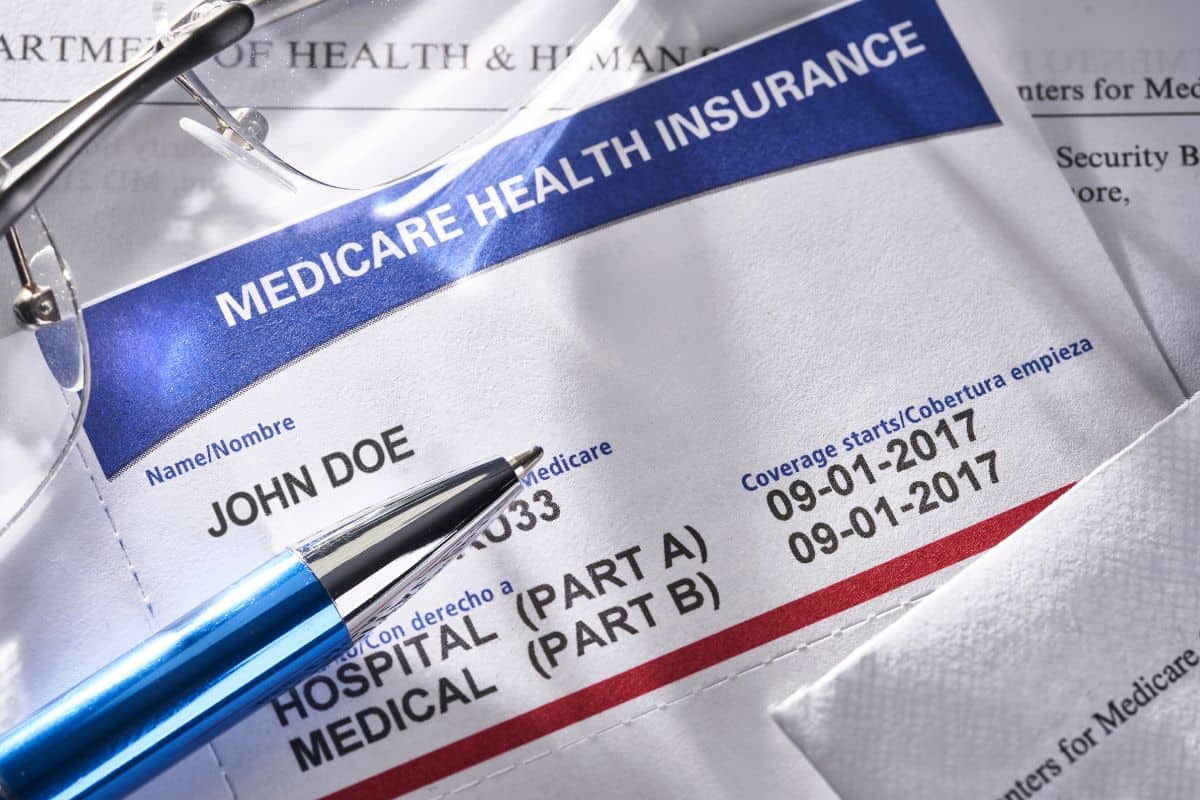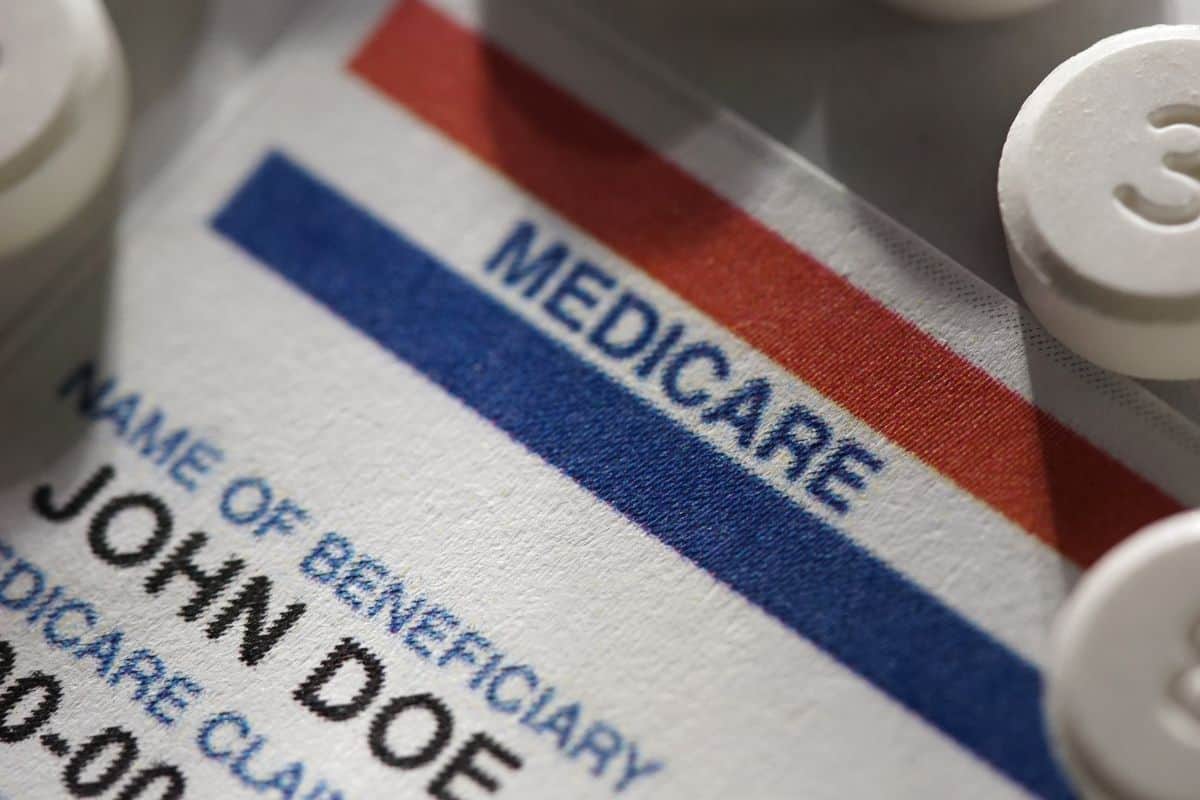The QMB (Qualified Medicare Beneficiary) program aids district residents that qualify for Medicare with their Medicare costs.
The program helps individuals to pay for their Medicare premiums, deductibles, and co-insurance for the services that are covered.
It also offers extra help for costs that come under the benefits for Medicare prescription drugs. This limits the amount that residents have to pay for their prescriptions by a few dollars per prescription.
Today, we will look in more detail about the Qualified Medicare Beneficiary program as well as who is eligible for this program.
Table of contents
What does the QMB Program Include?

For the DC Medicaid program in particular, it covers:
- Deductibles
- Co-insurance
- Medicare premiums (Part A and Part B)
- Other help for prescription drug payments that are outlined in Medicare Part D
Individuals who are eligible as a Qualified Medicare Beneficiary will usually have an income that is too high to be covered by Medicaid, but who still require help for medical costs.
Even if Medicaid covers some of your medical costs, it doesn’t necessarily mean you are eligible for Medicaid benefits.
Typically the DC Medicaid service will aid with service payments covered by Medicare, but not for specific services through Medicaid.
If you are a Qualified Medicare Beneficiary, then you must make sure to show your QMB card any time you get health services.
The QMB card proves your status and therefore your health care provider will know not to charge you for the Medicare deductibles or copays.
If you happen to lose this card then you can call the District’s Office of the Health Care Ombudsman and Bill of Rights. This number is 1-877-685-6391.
Who is Eligible for the QMB Program?
There are a few criteria you must meet to be eligible for the QMB program.
- You must be eligible for Medicare (entitled to Part A and/or Part B)
- Be a district resident.
- Be a US citizen or permanent resident.
- Have an income that is up to 300% of the federal poverty line.
What is the QMB Plus Program?
Residents who qualify for Medicare coverage as well as Medicaid under the blind, aged, or disabled sections will be able to receive Medicaid benefits as well as extra help to pay for their Medicare deductibles, premiums and coinsurance.
In order to qualify for the QMB Plus program, you will need to meet all of the criteria for Medicaid assistance as well as all of the requirements for the Qualified Medicare Beneficiary program.
How to Apply for the QMB Program?
If you are interested in applying for the Qualified Medicare Beneficiary program, then you will need to contact your state’s Medicaid office.
For anyone whose income is above the QMB threshold, it is still worth contacting the office to check your eligibility.
Every state’s Medicaid program will pay for the Medicare cost-sharing of all QMB program participants.
People who qualify for QMB won’t need to pay for their Medicare cost-sharing and won’t be charged for their health care services.
If you qualify for the QMB Plus program, then you will have met all of the requirements for the full Medicaid services as well as the QMB program too.
You can get these benefits through your state’s health plan as well as the QMB program.
Once you have determined whether you are eligible or not, you will need to complete an application. You are able to request an application either from Medicaid themselves or from your state online.
What are the Billing Requirements for the QMB Program?
Health care providers won’t bill QMB program members for any coinsurance, copayments or deductibles. This is because Medicaid programs are to cover these costs.
There are a few occasions where states might cap the amount that they will pay a health care provider.
However, QMB program members still won’t need to pay Medicare providers for any health costs. It is against the law for a healthcare provider to ask you to pay if you are a QMB member.
What to Do if Your Healthcare Provider Charges a QMB Member?
If your healthcare provider still charges you for their services even though you are a Qualified Medicare Beneficiary and you have already paid, then you are entitled to a refund in full.
However, in order to avoid this scenario, you should ensure that you show your healthcare provider your QMC card, Medicaid, or Medicare card. You must do this every time you require a service.
Your MSN (Medicare Summary Notice) will also work as proof of your QMB member status. You are able to access this through any device on the MyMedicare.gov website.
If, however, your healthcare provider still charges you for the healthcare services then you must call Medicare’s number.
Medicare will be able to confirm your QMB status over the phone as well as requesting a refund or cessation of billing from the provider.
If you find that debt collectors are wrongly pursuing payment, then you must file a complaint through the Consumer Financial Protection Bureau (CFPB). This can be done over the phone or online.
Should You Apply for the QMB Program if I have Medigap?
If you are on the QMB program then you don’t need to apply for Medigap. The same thing works vice versa.
The QMB program means that you don’t need the Medigap plan as it assists with premiums, copays, and deductibles.
Anyone that doesn’t qualify for the Qualified Medicare Beneficiary program may want to find out if a Medigap plan is more suitable for them.
It may help to make their healthcare costs a little more predictable and manageable in the long run.
Conclusion
If you believe that you qualify and are eligible for the QMB program, then make sure to submit an application as soon as possible as applications may take a little while to process.
We hope that this information has been helpful for you to understand more about the Qualified Medicare Beneficiary program.
Frequently Asked Questions
The Qualified Medicare Beneficiary (QMB) program provides Medicare coverage of Part A and Part B premiums and cost sharing to low-income Medicare beneficiaries. In 2017, 7.7 million people (more than one out of eight people with Medicare) were in the QMB program.
Medicaid insurance caters to individuals with low income and provides an affordable, government-funded healthcare option for this demographic. The QMB program has specific income requirements that must be met, and these amounts often change from year to year.
Beneficiaries who qualify for the QMB program automatically receive assistance with the costs of their prescription drugs through Extra Help. Also known as the Part D Low Income Subsidy, this program limits the costs you pay out of pocket to a few dollars per prescription.
